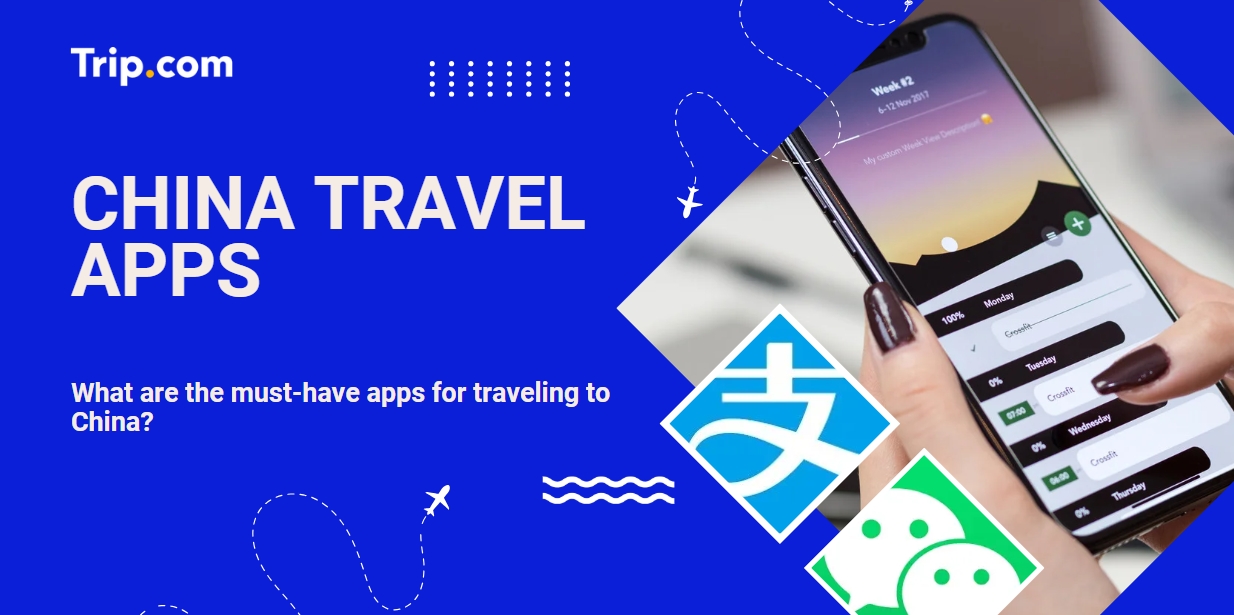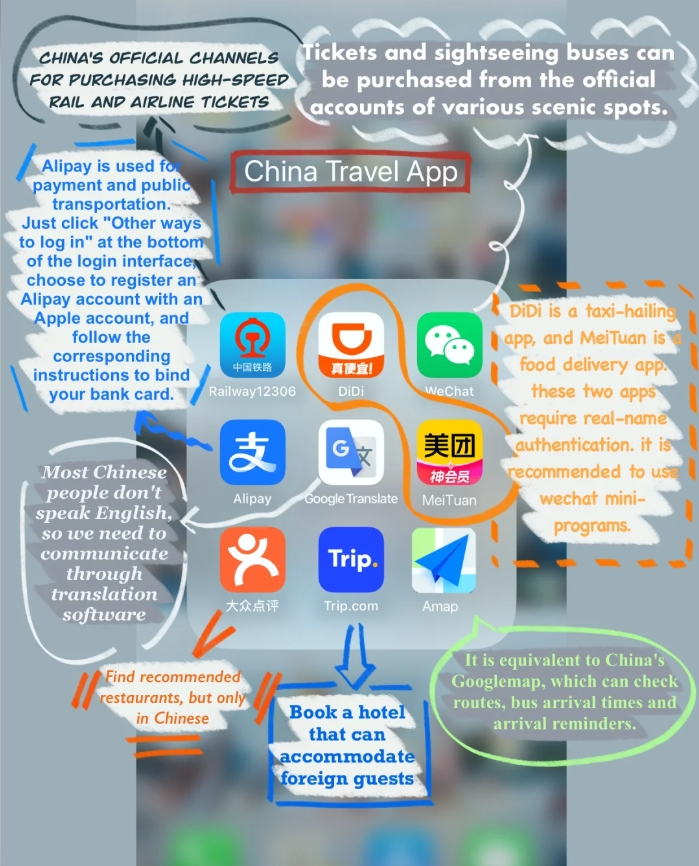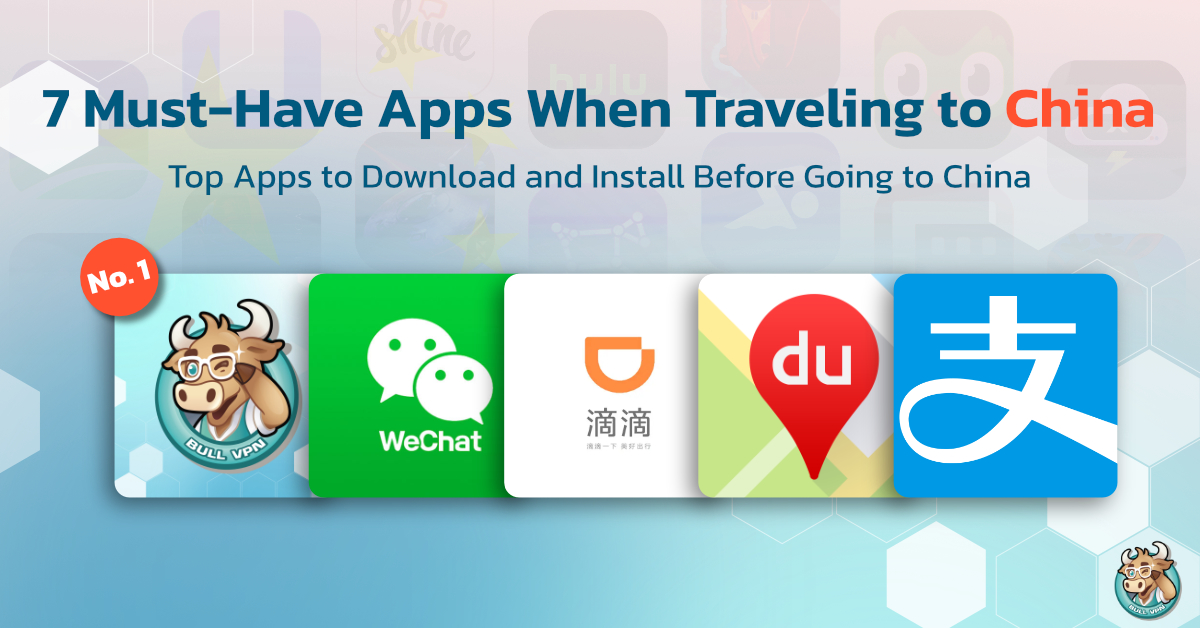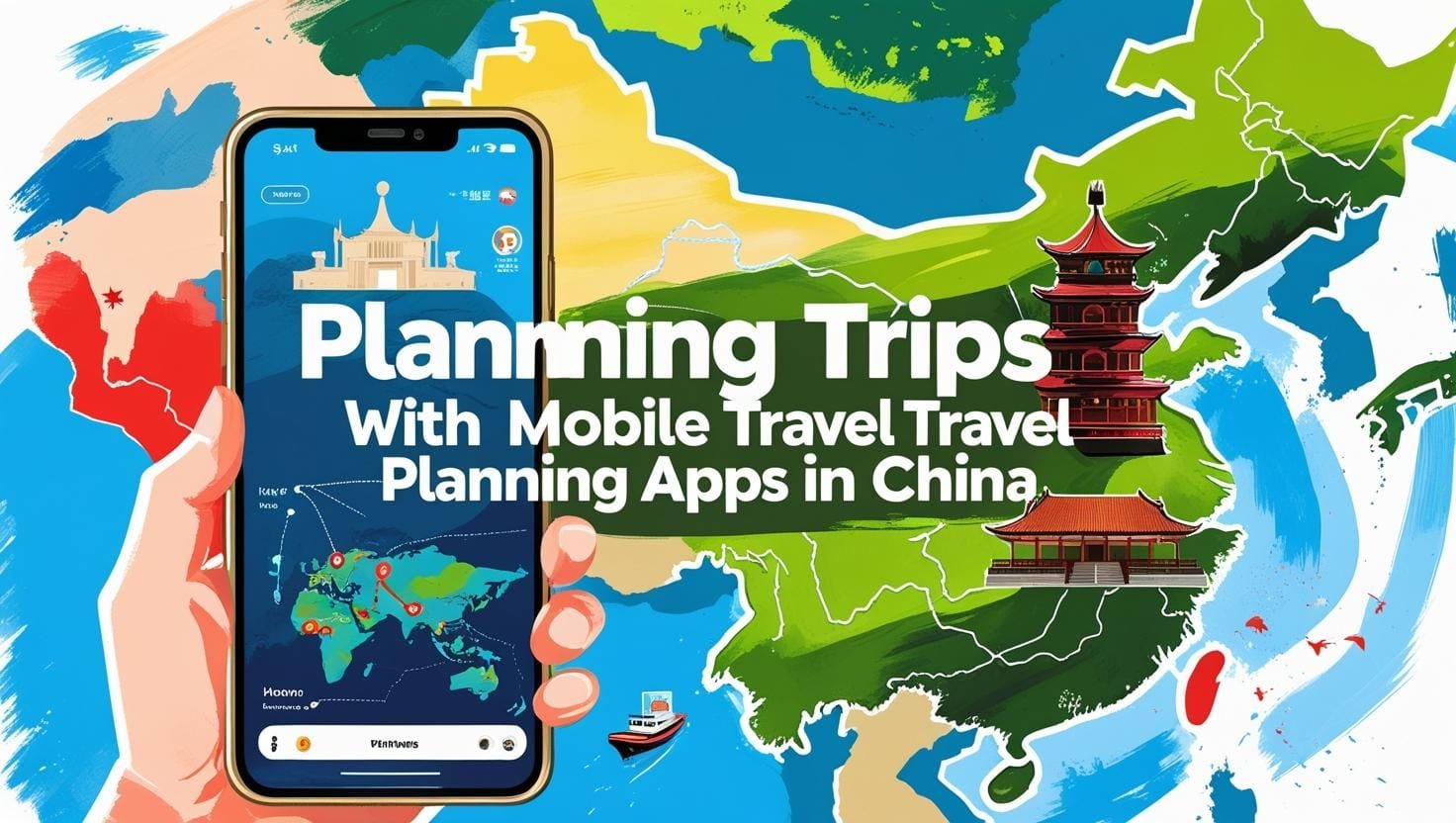Planning Trips with Mobile Travel Planning Apps in China
At Jusha Travel, we believe that exploring China should be an exciting and seamless adventure. In today’s hyper-connected world, that means harnessing the power of your smartphone. Gone are the days when guidebooks and paper maps were your primary companions; in China, your mobile device is your ultimate travel concierge. From navigating bustling city streets to booking high-speed train tickets and ordering delicious local cuisine, mobile travel planning apps are not just convenient – they’re absolutely essential. Here at jusha.travel, we love sharing tips to make your China journey unforgettable, and this post will dive deep into how these powerful tools can transform your experience.
Whether you’re looking for seamless Ctrip tour bookings or hoping to uncover authentic China local tours, understanding the digital landscape is key to effective travel planning China. This guide will reveal the top China travel apps and share crucial local travel hacks to ensure your trip is efficient, enjoyable, and packed with incredible memories. Get ready to unlock the full potential of your smartphone and truly immerse yourself in the wonders of the Middle Kingdom!
The Digital Heartbeat of China: Why Apps Are Non-Negotiable

China is arguably one of the most digitally advanced countries globally, with mobile technology deeply embedded in nearly every facet of daily life. This means that for travelers, adapting to this mobile-first environment isn’t just an option—it’s a necessity. As fascinating as China’s ancient history is, its present is firmly rooted in a sophisticated digital ecosystem.
One of the first things international travelers discover is that many common Western apps, such as Google, Facebook, and WhatsApp, are inaccessible due to China’s “Great Firewall.” This necessitates a shift to local alternatives or specialized international apps that operate within China’s internet framework. This is where your mobile travel planning apps become indispensable. For an in-depth look at what apps you’ll need, check out this guide on [Apps You Need for China Travel](https://my.trip.com/guide/phone/apps-for-china-travel.html).
Moreover, cash is practically obsolete in China. From street food vendors to high-end boutiques, mobile payments via platforms like Alipay and WeChat Pay are the reigning kings. So, before you even consider packing your bags, preparing your smartphone with the right applications is your first, and arguably most important, step in travel planning China.
Navigating with Confidence: Maps and Ride-Hailing

Once you land in China, getting around efficiently is paramount, and your trusty navigation apps will be your guiding star. Forget about Google Maps; while it might work in some capacity, it’s often unreliable due to governmental restrictions. Instead, two local powerhouses dominate the scene: **Baidu Maps** and **AMAP (Gaode Map)**. These apps offer incredibly accurate, real-time information for public transport (subways, buses), walking routes, and driving directions.
* ***Baidu Maps:*** This is the most commonly used mapping app by locals. While it’s primarily in Chinese, its comprehensive data makes it invaluable. You can often copy and paste Chinese addresses from your hotel or destinations into the search bar for accurate directions.
* ***AMAP (Gaode Map):*** Often preferred by international visitors for its limited but helpful English support, AMAP provides similar detailed navigation. It’s fantastic for public transport guidance, showing you exactly which lines to take and how many stops until your destination.
For getting around quickly and conveniently, **DiDi** is your answer to ride-hailing. Working much like Uber, DiDi offers an English interface, various vehicle types, and even an in-app translator to help you communicate with your driver. For added convenience, DiDi is often integrated into Alipay and WeChat, making payments even smoother. Learn more about essential apps for your trip on 10 Essential Apps You’ll Need When Traveling To China. Leveraging these **China travel apps** for navigation and transport is a prime example of effective local travel hacks.
Seamless Bookings: Accommodation and Transport Hubs

Booking your stay and travel within China has been revolutionized by **mobile travel planning apps**. For international travelers, **Trip.com** stands out as the leading English-friendly platform. It’s your ultimate companion for **Ctrip tour bookings**, hotels, flights, and even train tickets. The beauty of Trip.com lies in its ability to centralize your itinerary, offer attractive discounts, provide loyalty rewards, and, crucially for foreign visitors, deliver 24/7 multi-language support. This makes it an invaluable tool for every aspect of your **travel planning China**.
While locals might use apps like **Railway12306** for high-speed train tickets or **Meituan** for hotels and experiences, these are predominantly in Chinese and can be challenging for non-Mandarin speakers. This is precisely where English-friendly platforms like Trip.com prove their worth, streamlining your booking process and removing language barriers. For a detailed guide on the most useful apps, explore [The Most Useful Apps for Traveling in China](https://www.thechinatravelplanner.com/china-inspiration/the-most-useful-apps-in-china-for-traveling). Utilizing these platforms ensures that your **China local tours** and independent adventures are well-organized and stress-free.
The Mobile Wallet Revolution: Alipay and WeChat Pay

To truly experience China like a local, you *must* embrace its mobile payment ecosystem. Cash is rarely accepted, and international credit cards are often incompatible with local systems. This makes **Alipay** and **WeChat Pay** non-negotiable **mobile travel planning apps**.
* ***Alipay:*** This is arguably the most versatile app for travelers. You can link major international credit/debit cards, enabling you to pay for virtually everything—from street food and taxis to shopping and museum tickets. Alipay also hosts a vast array of “mini-programs,” allowing you to access services like DiDi, bike rentals, and even Trip.com bookings without ever leaving the app. This integration is a prime example of **local travel hacks** making your journey incredibly convenient.
* ***WeChat Pay:*** While primarily a messaging and social media app, WeChat Pay is also universally accepted for payments. Like Alipay, it allows you to link your cards and pay via QR codes. It’s particularly useful for communicating with locals and often comes with in-app translation features.
Both apps are indispensable for day-to-day transactions. We strongly recommend setting up and verifying your accounts *before* you arrive in China, as the process can sometimes require identity verification or a local phone number. Ignoring these payment apps means you’ll face significant challenges, as China has largely transitioned to a cashless society. For more insights, refer to 15 Must-Have Apps for China Trip: The Ultimate Guide.
Beyond the Essentials: Food, Communication, and Connectivity
Your digital toolkit for China extends beyond just payments and navigation.
* ***Finding Food and Experiences:*** **Dianping** is China’s equivalent of Yelp and TripAdvisor combined, offering reviews, ratings, menus, and photos for restaurants and experiences. While largely in Chinese, its visual layout and prevalence make it a valuable tool. For food delivery, **Meituan** is the leader, although again, predominantly in Chinese. If you’re looking for unique, influencer-driven recommendations for food or hidden gems, **Xiaohongshu (Little Red Book)** is popular, though its content is mostly in Chinese.
* ***Overcoming the Language Barrier:*** **WeChat** is essential for communication. Beyond payments, it’s how most people connect in China. For translation, **Google Translate** with its photo and camera translation modes can be a lifesaver, especially with offline dictionaries. **Pleco** is a fantastic Chinese-English dictionary with powerful optical character recognized (OCR) for translating signs and menus. Many of these **China travel apps** include built-in translation features, further aiding communication.
* ***Staying Connected (and Protected):*** Navigating China’s internet landscape means understanding the “Great Firewall.” To access Western services like Gmail, Instagram, or WhatsApp, a **VPN (Virtual Private Network)** is crucial. Apps like ExpressVPN are highly recommended, but *always install and test your VPN before arriving in China*, as VPN sites are often blocked from within China. For reliable internet access, purchasing a local SIM card or an eSIM upon aftermath is usually the most cost-effective solution. This crucial **local travel hack** ensures you stay connected throughout your journey. For more details on essential apps, check out Essential Mobile Apps for Travelling in China in 2025.
Conclusion: Your Smartphone, Your Ultimate China Companion
In today’s China, your smartphone is undoubtedly your most vital travel accessory. Embracing the world of **mobile travel planning apps** is no longer a luxury but a necessity for a smooth, enjoyable, and authentic experience. From seamless **Ctrip tour bookings** and navigating complex public transport with ease, to discovering incredible **China local tours** and mastering mobile payments, these **China travel apps** provide the ultimate **local travel hacks** to unlock the wonders of this incredible country.
At jusha.travel, we believe that understanding and utilizing these digital tools will empower you to explore China with confidence and curiosity. So, before you embark on your grand adventure, make sure your phone is loaded, set up, and ready to be your indispensable guide.
What are your favorite mobile travel hacks for China, or what apps are you most excited to try? Share your thoughts and tips in the comments below! For more insightful content and endless inspiration for your next journey, be sure to visit jusha.your and explore our other articles on China travel. Happy travels!

